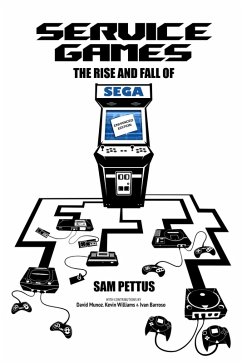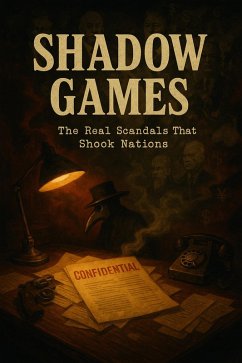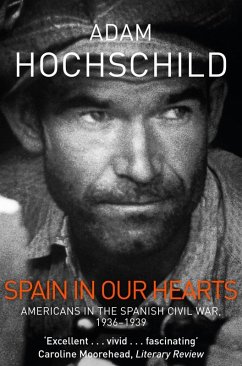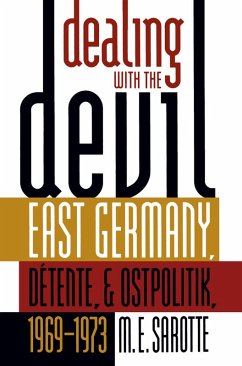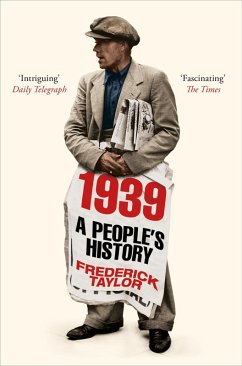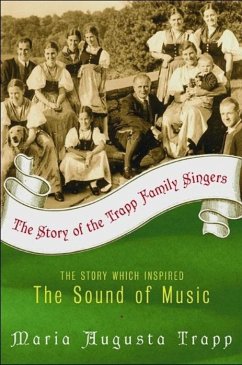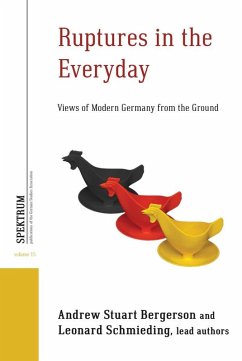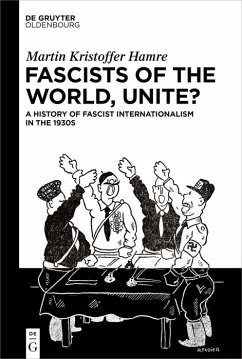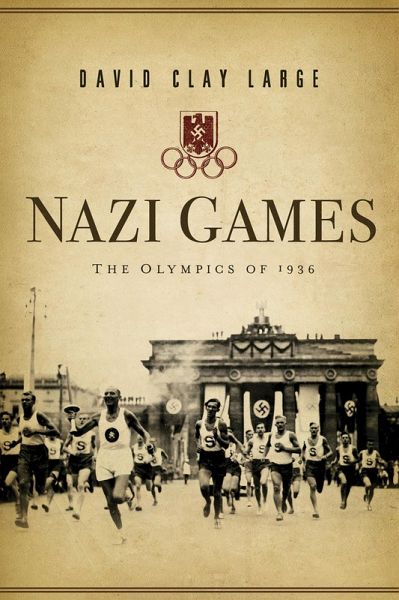
Nazi Games: The Olympics of 1936 (eBook, ePUB)

PAYBACK Punkte
7 °P sammeln!
Athletics and politics collide in a critical event for Nazi Germany and the contemporary world. The torch relaythat staple of Olympic pageantryfirst opened the summer games in 1936 in Berlin. Proposed by the Nazi Propaganda Ministry, the relay was to carry the symbolism of a new Germany across its route through southeastern and central Europe. Soon after the Wehrmacht would march in jackboots over the same terrain. The Olympic festival was a crucial part of the Nazi regime's mobilization of power. Nazi Games offers a superb blend of history and sport. The narrative includes a stirring account ...
Athletics and politics collide in a critical event for Nazi Germany and the contemporary world.
The torch relaythat staple of Olympic pageantryfirst opened the summer games in 1936 in Berlin. Proposed by the Nazi Propaganda Ministry, the relay was to carry the symbolism of a new Germany across its route through southeastern and central Europe. Soon after the Wehrmacht would march in jackboots over the same terrain.
The Olympic festival was a crucial part of the Nazi regime's mobilization of power. Nazi Games offers a superb blend of history and sport. The narrative includes a stirring account of the international effort to boycott the games, derailed finally by the American Olympic Committee and the determination of its head, Avery Brundage, to participate. Nazi Games also recounts the dazzling athletic feats of these Olympics, including Jesse Owens's four gold-medal performances and the marathon victory of Korean runner Kitei Son, the Rising Sun of imperial Japan on his bib.
The torch relaythat staple of Olympic pageantryfirst opened the summer games in 1936 in Berlin. Proposed by the Nazi Propaganda Ministry, the relay was to carry the symbolism of a new Germany across its route through southeastern and central Europe. Soon after the Wehrmacht would march in jackboots over the same terrain.
The Olympic festival was a crucial part of the Nazi regime's mobilization of power. Nazi Games offers a superb blend of history and sport. The narrative includes a stirring account of the international effort to boycott the games, derailed finally by the American Olympic Committee and the determination of its head, Avery Brundage, to participate. Nazi Games also recounts the dazzling athletic feats of these Olympics, including Jesse Owens's four gold-medal performances and the marathon victory of Korean runner Kitei Son, the Rising Sun of imperial Japan on his bib.
Dieser Download kann aus rechtlichen Gründen nur mit Rechnungsadresse in A, D ausgeliefert werden.





